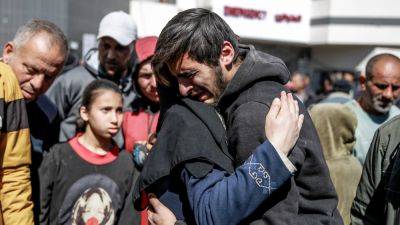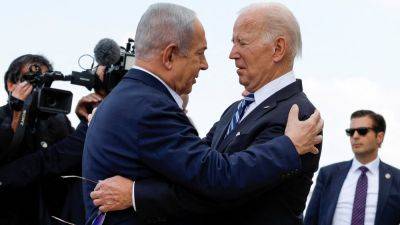Gaza after the war: lessons of experience
There is much talk about “de-radicalization” in Gaza, de-militarization and not allowing Hamas, the Palestinian Authority (PA) or UNRWA to be in charge.
The PA has forgone elections since January 25, 2006, and lost elections in Gaza. UNRWA, the United Nations Relief and Works Agency for Palestine Refugees in the Near East, in its present shape perpetuates and aggravates the conflict rather than being an institution to mitigate it.
All three objectives – de-radicalization, de-militarization and preventing dictatorial regimes from gaining power – have been pursued around the world, at times successfully, at times not. The failures offer better lessons than the successes.
Germany and Japan went through successful de-radicalization after World War II. However, this experience cannot be replicated and bring about transitions from dictatorial and deistic mindsets toward decentralized, meritocratic ones. Yes, Germany abandoned Nazism. However, that ideology did not have centuries-old roots, as the combination of centralization and an Islamic conception of society have had in the Middle East.
Japan abandoned both a warmongering political leadership and the concept of emperor’s divinity, when in an Imperial Rescript on January 1, 1946, Emperor Hirohito declared that he was not a living god.
These acknowledgments were not so drastic as they appear at first sight, since the 1889 Constitution of the Empire had already separated state and religion and distinguished Shintō from other religions. The latter’s rituals became just part of Japan’s program of national ethics.
These cases of “de-radicalization” in a relatively short time are thus not applicable to either Gaza, the West Bank, or the more populous Muslim states in the







